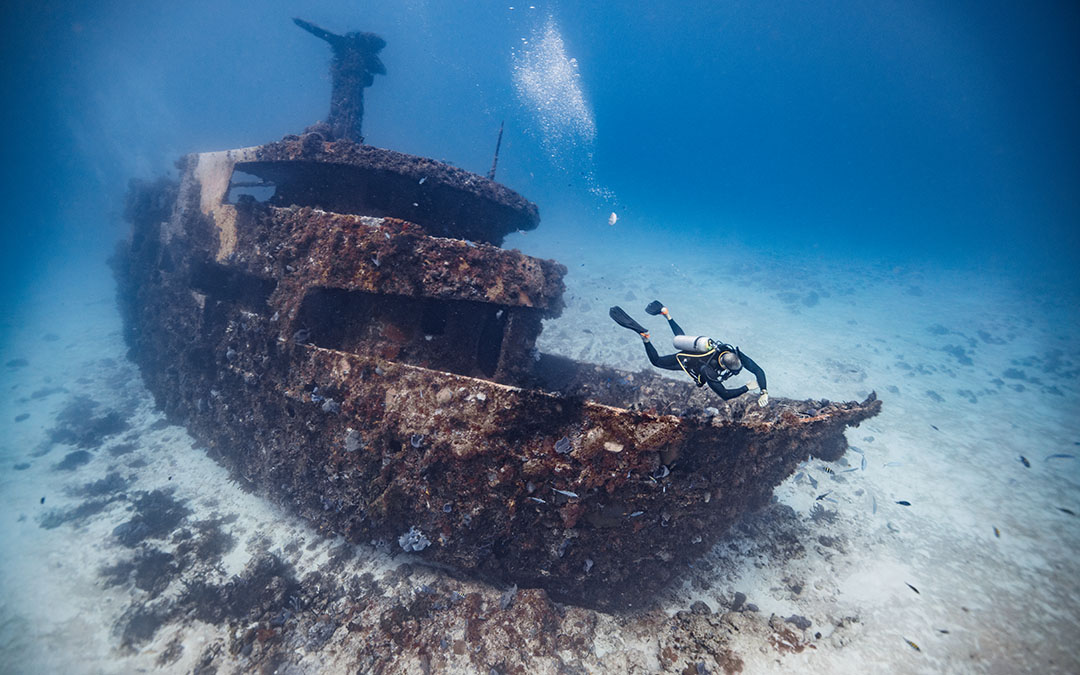It’s quite amusing and sad arguing that a CCR diver is by nature accomplished, skilled and infallible and should not be subject to any outside scrutiny. The fact is, it has been a long time since CCR divers were the self-selecting sort who knew what they were doing back to front before they even considered looking at going CCR. It sometimes seems that newer CCR divers have no awareness that there is a couple of decades of clearly documented information on what can go wrong, what people have done wrong and where assumptions lead us. We’ve been talking about the stupid things we do for years, and its all still there if you just go and look for it. Nowadays, anyone can do their OW/AOW go buy a unit and a course and dive it. No need for a long development path through technical diving and so on. I assume PADI is still delivering their Rebreather Advanced Open Water course?
Its the same BS that buddy checks are for new divers, not tech divers and so on.
I also chuckle a little at how people can be dismissive of the “dive crew”. Many of them day in day out sit and watch what divers do, good and bad and often times have developed a good understanding of what looks right and what looks wrong. Yeah, we can all find good examples of “DiveMasters” wo may not have done exactly what we have, but at the end of the day, they are in place to fulfil a function, make diving safer for those on the boat.
If you were to design a perfect safety process for sending divers off a boat with a rebreather, I’m pretty sure it would contain a final – independent check, pre jump that everything is turned on and working. And a bit about the attitude of the diver as well.




